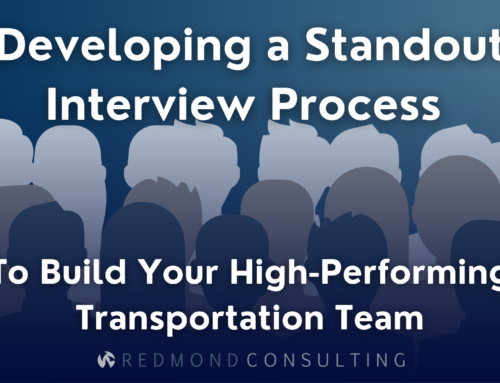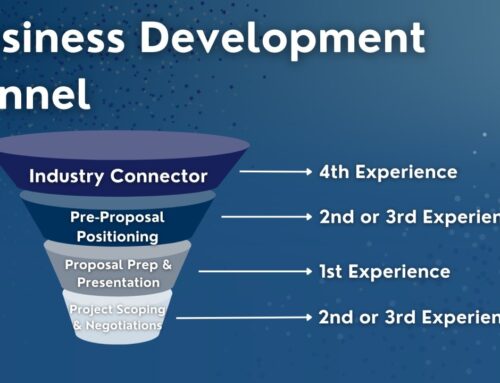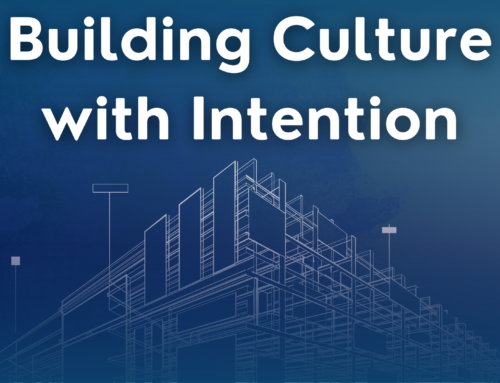The longer I’ve been in the business of identifying, recruiting and facilitating the hire of talent, the harder it has become to impress me. I used to employ the phrase “rock star” too often to describe candidates – apparently, I was easily impressed! I once was mesmerized by blind ambition and chutzpah, where now I find these qualities overbearing and I often think people who display them are in need of a good dose of circumspection.
This is perhaps a function of maturity or worldliness, but the individuals who impress me most these days are those who are self-aware. Those who display an astute understanding of how their words, actions, and natural proclivities affect others — and then use that information to “check themselves” when they know their less pleasant qualities might emerge — are the people I take note of today. I am impressed by those who care deeply for the people they serve, and who lead with compassion, clarity and fortitude.
There are no more “rock stars” in my vocabulary. There are however, more than a few “gentle giants,” “consensus builders,” and “servant leaders.” I’ve learned so much from them.
Through the years, I’ve seen that self-awareness often develops as a result of life experiences – it can be jump-started by something jolting which begs for a great deal of reflection, such as losing a job or failing in a business venture, becoming a new parent or ending a marriage. You don’t have to be “shocked” to develop self-awareness, however. Sometimes all it requires is a committed effort to begin the process. Rather than reacting to a crisis or an unexpected catalyst and changing under pressure, you can leverage tools designed to help you in this journey.
Professionally administered personality assessments can proactively pinpoint specific areas where more self-awareness is needed, and provide a road map toward developing attributes to ensure your success. Redmond Consulting now offers assessments as a device for self-discovery and employee development, some of which are validated for use in hiring decisions by our client firms. Give us a call if you’d like to discuss these assessments in more detail. 





Well said. My perception of and style of leadership has changed dramatically over the years. I once heard “experience comes from making your own mistakes and wisdom comes from observing the mistakes of others”. I am more experienced and wiser today.
Some confuse braggadocios, domineering and controlling behaviors with leadership. There is a significant “extrovert bias” that attracts us to these “rock star” individuals. Leaders need to “drive the energy bus”, to quote as an old friend of mine, and these traits are necessary and needed as part of a toolbox of effective leaders. However, since these traits are rewarded and reinforced through the extrovert bias, they become the only tools some use. They can produce impressive results in the short term. However, these results are usually produced at the cost others, their own happiness, and long-term success.
Ultimately, I made the decision that I would rather my legacy be about being significant in the life of others, which for me, is what true leadership is all about. There has definitely been a “cost” to adopting this approach, but I am happier, more fulfilled and more effective as a leader as a result.
Terry, thanks for adding your insightful and beautifully written comments. You’re right about the extrovert bias, and I agree with your friend about the “energy bus.” These are very valuable insights; So glad you added them to this topic.
A passage from the article linked above:
“Selecting leaders on their competence rather than confidence, altruistic vision rather than ruthless ambition, and paying less attention to charisma, will promote both organizational effectiveness and social well-being. This will require a radical change in our views of leadership. It will require more companies paying more attention to the humble, low-key, and polite employee who’s potential for leadership may be higher, but is not as immediately outgoing.”
I just came across this article and I think it lends itself well to the conversation: The Best Talent Is Bringing Out Talent in Others by Bruce Kasanoff (http://linkd.in/13snBbj).